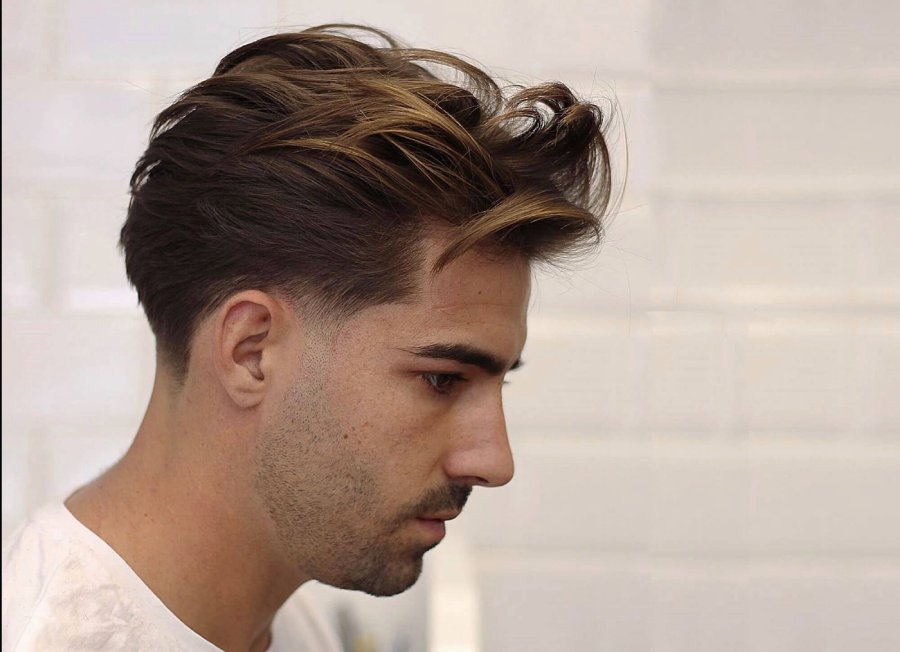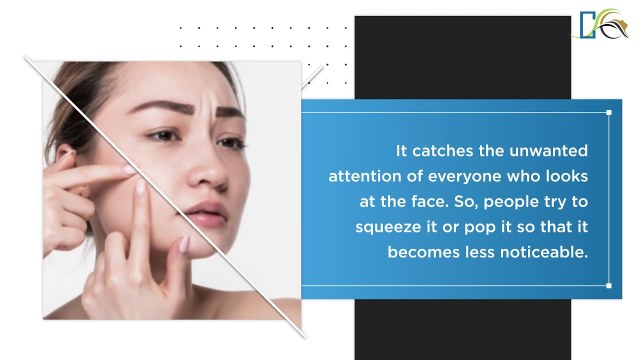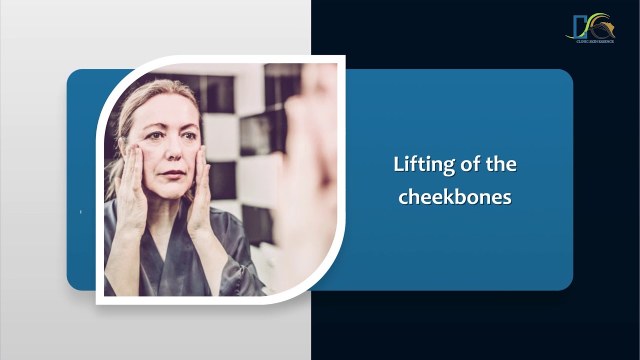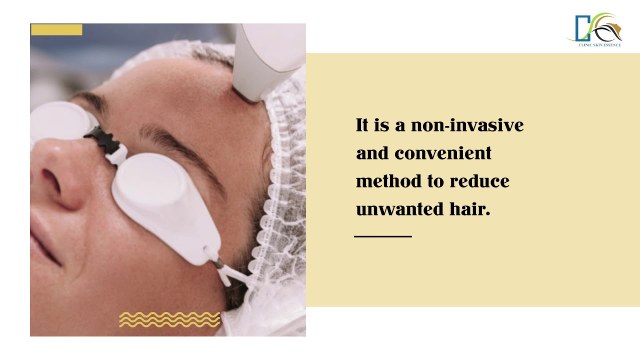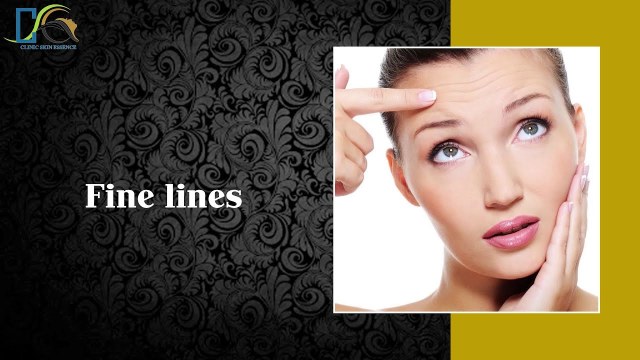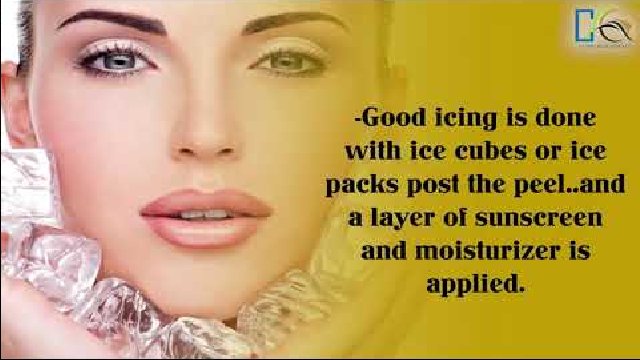Signs and symptoms of Hair Loss
- Hair loss in patches or clumps
- Thinning of hair
- Hair can be broken easily and become brittle
- Full-body hair loss
- Bald patches or spots
- Sudden hair loss
- Thinner ponytail
- Visible receding hairline
Potential factors that cause Hair Loss
- Stress or trauma
- Pregnancy
- Hormonal changes
- Heredity
- Excess intake of vitamin A
- Drugs and chemotherapy
- Malnutrition (Iron and Vitamin D)
- Radiation therapy to the head
- Medical conditions like lupus, diabetes, anaemia, eating disorder and iron deficiency
- Cosmetic products such as hair dyes, perming, leaching and excess use of chemical shampoo can cause hair thinning by making it weak and brittle
- Deficiency of vitamin B and D can cause hair loss
Diagnosis for Hair Loss
When symptoms, medical history, and heredity of a person are known then certain blood and diagnostic tests are performed for determining the root cause of hair loss problems. Some of the tests are blood tests (Complete Blood Count), physical hair pull tests, light microscopy, and scalp biopsy.
Various treatments that can help to treat hair loss problems are:
1. Growth Factor Treatment
This therapy is carried out in three steps. In this therapy the blood of a person is drawn, processed and injected into the scalp. The growth factors are obtained from this process that is required for hair growth. Growth Factor treatment provides natural growth of hair by improving blood supply into the hair follicles and providing the essential nutrients to the hair follicles. It increases the thickness of the hair shaft and improved hair density. This method also effectively works for problems like healing injured muscles, tendons, ligaments, and also provides skin rejuvenation by boosting collagen production and skin healing process.
Side effects:
- Infection
- Scar tissue
- Calcification at injected sites
- Blood nerves and vessels can get injured
When performed by an expert and qualified dermatologist, there are very rare chances of occurrence of these side effects.
2. Mesotherapy
This therapy uses injections of vitamins, growth factors, hormones, biotin, minoxidil, enzymes, bio-active molecules, silicon and other essential ingredients that can be useful for treating various hair loss problems. During hair loss treatment plant extracts, vitamins or other drugs such as minoxidil are introduced into the scalp to correct the hormonal balance into the hair follicles, improve blood circulation and provide nutrients essential for hair growth. This procedure promote hair growth and make them denser, longer, and healthier.
Side effects:
- Pain
- Itching
- Redness
- Infection
- Swelling
- Sensitivity
These are temporary side effects which mostly subside on their own within a few days to a week.
3. Hair transplantation
People suffering from Androgenic Alopecia and severe baldness can opt for the hair transplant procedure. FUT (Follicular Unit Transplantation) and FUE (Follicular Unit Extraction) are the most common hair transplant procedures that provide the best and effective results. Hair follicles are extracted from the back of the donor area of the head and the grafts are transplanted in the recipient site. The treatment provides the best results and one can get a better yield of hair growth and long-lasting results.
4. Low-level Laser Therapy (LLLT)
This therapy involves light and heat treatment. It is helpful for both men and women to stimulate hair growth. The main mechanism during LLLT is the process of stimulating epidermal cells present in the hair follicles. This allows shifting of hair follicles in the growth phase of the cycle again.
5. Anti-androgen
Hormones such as androgen and other male hormones can cause hair loss in women. Women who are unresponsive for mesotherapy or minoxidil may benefit from anti-androgen medicines. Anti-androgen drugs are helpful for women suffering from polycystic ovary syndrome (PCOS) because they have a high production of androgen.
Side effects:
- Depression
- Fatigue
- Weight gain
- Loss of libido
6. Iron supplements
In some women, hair loss can also occur due to iron (Fe) deficiency. After blood testing iron supplements might be prescribed by the doctor to reduce and manage iron deficiency as well as hair loss.
Frequently Asked Questions
Anaemia and thyroid are 2 diseases which can trigger hair loss.
True & false. Consumption of balanced diet and good overall health can minimize the chances of hair loss but there’s no way to prevent male-pattern baldness.
As soon as one notices excessive hair fall, they must visit a dermatologist who can help in correctly diagnosing the root cause of the hair fall/loss and devise a treatment accordingly.
The effectiveness of a treatment depends on the degree of baldness. During the initial stages of hair loss or hair thinning non-surgical treatments like growth factor therapy, mesotherapy etc. can be effective in stimulating hair growth. But in cases of male pattern baldness or receding hairline hair transplant surgery will be more effective.
